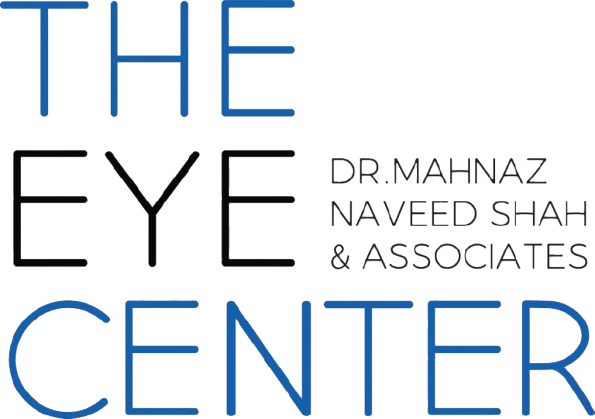Advanced Glaucoma Procedures: Offering Hope and Vision at The Eye Center, Karachi
Glaucoma is a complicated eye condition that can lead to irreversible vision loss if not treated in time. At The Eye Center Karachi, our specialists are at the forefront of managing glaucoma using cutting-edge technologies and advanced surgical procedures. We understand that each patient requires an individualized approach, especially when conventional treatments fail to control […]
Best Glaucoma Care in Karachi
Dr. Mahnaz Naveed Shah is an outstanding glaucoma specialist and surgeon in Karachi who is renowned for her expertise and compassionate care. Dr. Mahnaz has trained fully from medical college to residency training and fellowship training at the best centers in The United States.With over 25 years of experience in ophthalmology, Dr. Mahnaz excels in […]
TIPS ON TAKING CARE OF DIABETES AFFECTING THE EYE
DIABETIC RETINOPATHYWith the exponential increase of diabetes in our population, and Pakistan being amongst the top mostnations in Asia being affected, it is very important to educate ourselves with diabetic retinopathy whichis the disease of the eye being affected by diabetes. WHAT IS DIABETIC RETINOPATHYRetina is a structure at the back of the eye which […]
The Best Retina Specialists in Karachi
For teh best retina care in Karachi, visit The Eye Center, is home to some of the city’s best retina specialists. Dr. Shahab Siddiqui renowned for his expertise in retinal detachemts, diabetic retinopathy and macular degeneration, macular holes and other retinal problems offers personalized treatment plans. Dr. Ali Zia, with extensive experience in retinal surgery, […]
Best Option for Selective Laser Trabecuoplasty in Karachi
Selective Laser Trabeculoplasty (SLT) is now available for glaucoma patients at The Eye Center in Karachi, marking a significant advancement in local eye care. SLT is a cutting-edge, minimally invasive laser procedure designed to lower intraocular pressure in glaucoma patients, offering an effective alternative to traditional eye drops and surgeries. It can also be used […]
Best Cataract Surgeon in Karachi
Dr. Mahnaz Naveed Shah is widely acclaimed as one of the best cataract surgeons in Karachi. With years of experience and a stellar reputation, she along with her team of superb eye specialists and technicians has transformed the lives of countless patients. Her expertise in lens calculations, diagnosis and advanced cataract removal techniques ensures the […]
Dr. Mahnaz Naveed Shah: Karachi’s Premier Cataract Surgeon for Superior Vision
Looking for the best cataract surgeon in Karachi? Meet Dr. Mahnaz Naveed Shah, a renowned expert in ophthalmology dedicated to restoring clear vision and enhancing eye health. With a stellar reputation built on precision, expertise, and patient-centric care, Dr. Shah is your trusted partner in achieving optimal vision outcomes. Specializing in cataract and glaucoma surgery, […]
Best Eye Specialist in Karachi
Are you seeking top-notch eye care in Karachi? Dr. Mahnaz Naveed Shah, a distinguished United States trained ophthalmologist with over 20 years of experience is renowned for her expertise, experience and compassionate approach. With years of experience and a commitment to true excellence, Dr. Mahnaz Naveed Shah stands out as the go-to eye specialist for […]
Why are Toric Intraocular Lenses better for me after cataract surgery if I have astigmatism?
Toric intraocular lenses (IOLs) offer significant benefits for individuals with astigmatism undergoing cataract surgery. Unlike traditional spherical lenses, toric IOLs are designed to correct both cataracts and astigmatism simultaneously, reducing dependence on glasses or contact lenses post-surgery. By addressing astigmatism, toric IOLs can improve visual clarity and quality, enhancing overall satisfaction with the surgical outcome. […]
Why is it important for for my eye specialist to maintain my medical record or file?
Maintaining comprehensive medical records is crucial for optimal eye care. These records serve as a roadmap of an individual’s eye health history, including past diagnoses, treatments, surgeries, and medications. They provide valuable insights for eye care professionals to make informed decisions about current and future treatment plans. Regular eye exams often entail various tests and […]
